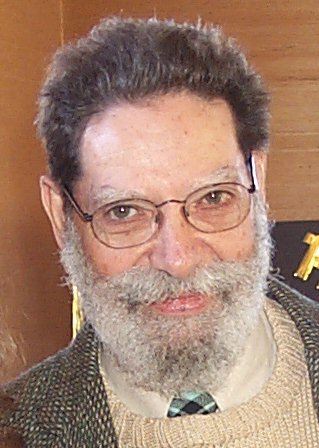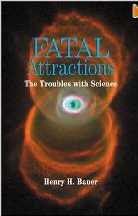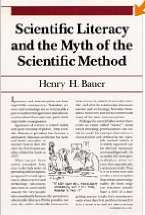Pages: 296
Publisher: University of Illinois Press
Year: 2004
ISBN: 0252072162
ISBN: 978-0252072161
Reviews:
"[Bauer] is admirably suited to discuss the similarities and differences between the sciences -- especially the physical sciences -- and subjects that have been labeled pseudoscience, voodoo science, heretical science, and mysticism... Bauer's treatment is calm and civilized, and although one may disagree on where on a science-pseudoscience continuum a particular anomaly may lie, one cannot but respect Bauer's position." -- Russell F. Trimble, Science Books & Films
"Bauer develops persuasive arguments for anomalistics, including the historical studies. Its various topics attract popular interest and generate important issues for science studies. It is a useful subject in university courses, as it encourages students to think for themselves rather than following authority." -- Alex Dolby, British Journal for the History of Science
"A well-conceived, nobly motivated work that will be widely referenced in the future. Professor Bauer is extraordinarily perceptive, intelligent, fair to a fault, yet unafraid to challenge the sacred cows of science, personal and public gullibility, and any form of exploitative motivation on either side of the issue. His is a courageous, probably unpopular, possibly even ominous message that desperately needs to be expressed." -- Robert G. Jahn, coauthor of Margins of Reality: The Role of Consciousness in the Physical World
Pages: 240
Publisher: Paraview Press
Year: 2001
ISBN: 1931044287
ISBN: 978-1931044288
Pages: 192
Publisher: University of Illinois Press
Year: 1992/1994
ISBN: 0252064364
ISBN: 978-0252064364
Pages: 354
Publisher: University of Illinois Press
Year: 1985/1999
ISBN: 025201104X
ISBN: 978-0252011047
ISBN: 0252068459
ISBN: 978-0252068454
Review: Detailed, thought provoking, and the best yet written on a bizarre episode that continues to smoulder in the annals of science."-Owen Gingerich, Nature "This fair minded and lucid study pinpoints the errors in Velikovsky's theories that other critics have failed to address."-Sci Tech Book News "An exceptional study of the theories and criticisms of Immanuel Velikovsky... A thoroughly scholarly and fair-minded work that should serve as an example to others concerned with anomaly controversies. Highly recommended."- Zetetic Scholar "[A] lucid book on an important topic, and one that provides much food for thought on the workings of the scientific community and the way in which its members respond to attacks on their beliefs by outside groups." - Robert W. Smith, Isis ADVANCE PRAISE "A very valuable contribution to the literature on a major controversy of great psychological and sociological importance."-Robert Jastrow, former director, NASA Institute for Space Studies "Bauer's remarkable book will be viewed, even by the Velikovskians, as a great improvement over previous critical studies."-Marcello Truzzi, former director, Center for Scientific Anomalies Research. - Amazon






